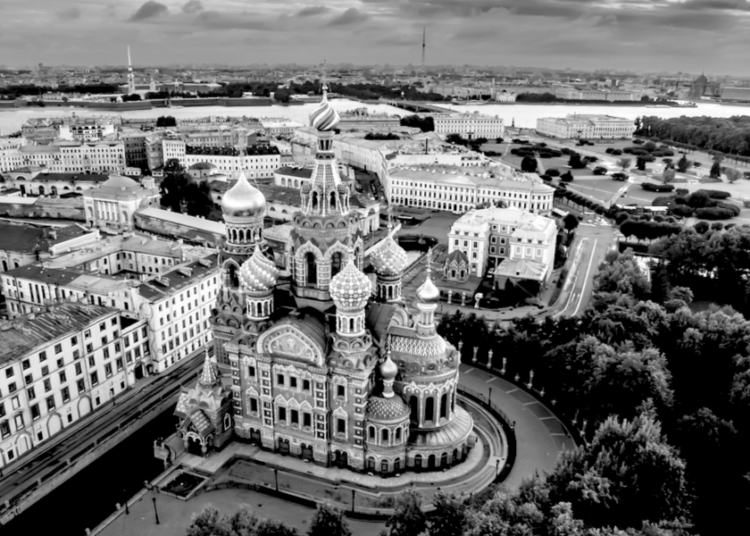WINSTON Churchill once described Russia as ‘a riddle, wrapped in a mystery, inside an enigma’. It is this enigma that Hillsdale College, an independently minded academic institution in the US, decided to explore a year ago. To better, and indeed fully, understand Russia’s conflict with Ukraine and Russia’s role in the shifting balance of power in today’s world, they organised a special lecture series and conference on all angles of Russian history, culture, and politics. It is striking that we have seen nothing equivalent here in similar scope or depth.
More than a year later, with no end to the war in sight and Ukraine devastated economically and socially, these lectures become ever more relevant. Just before Christmas the college released them as a free online video series on Russia for wider sharing. We are republishing them – six in all – this week on TCW. We ran the first yesterday, Russia from 1696-1917: An Overview, by the impressive American historian Sean McMeekin. If you missed this veritable tour de force through Russia’s shifting borders, wars and alliances, encompassing the ‘Greats’ such as Peter and Catherine and the autocrat Tsar Nicholas, it is well worthy catching up on. You can find it here with my fuller introduction to the series.
The second, today, is delivered by Steve Kotkin, the American historian, academic, and Stalin expert. He the author of Stalin: Paradoxes of Power, 1878–1928 and Stalin: Waiting for Hitler, 1929–1941. A third volume is due out this year. This Hillsdale College lecture entitled Russia from 1917-1991: An Overview, explains communism’s inner self destruct dynamic, and follows below.
We are grateful to Hillsdale College for making this series freely available to the wider public. You can access the entire series on their website here.
Or link to it here.
If you appreciated this article, perhaps you might consider making a donation to The Conservative Woman. Unlike most other websites, we receive no independent funding. Our editors are unpaid and work entirely voluntarily as do the majority of our contributors but there are inevitable costs associated with running a website. We depend on our readers to help us, either with regular or one-off payments. You can donate here. Thank you.
If you have not already signed up to a daily email alert of new articles please do so. It is here and free! Thank you.

